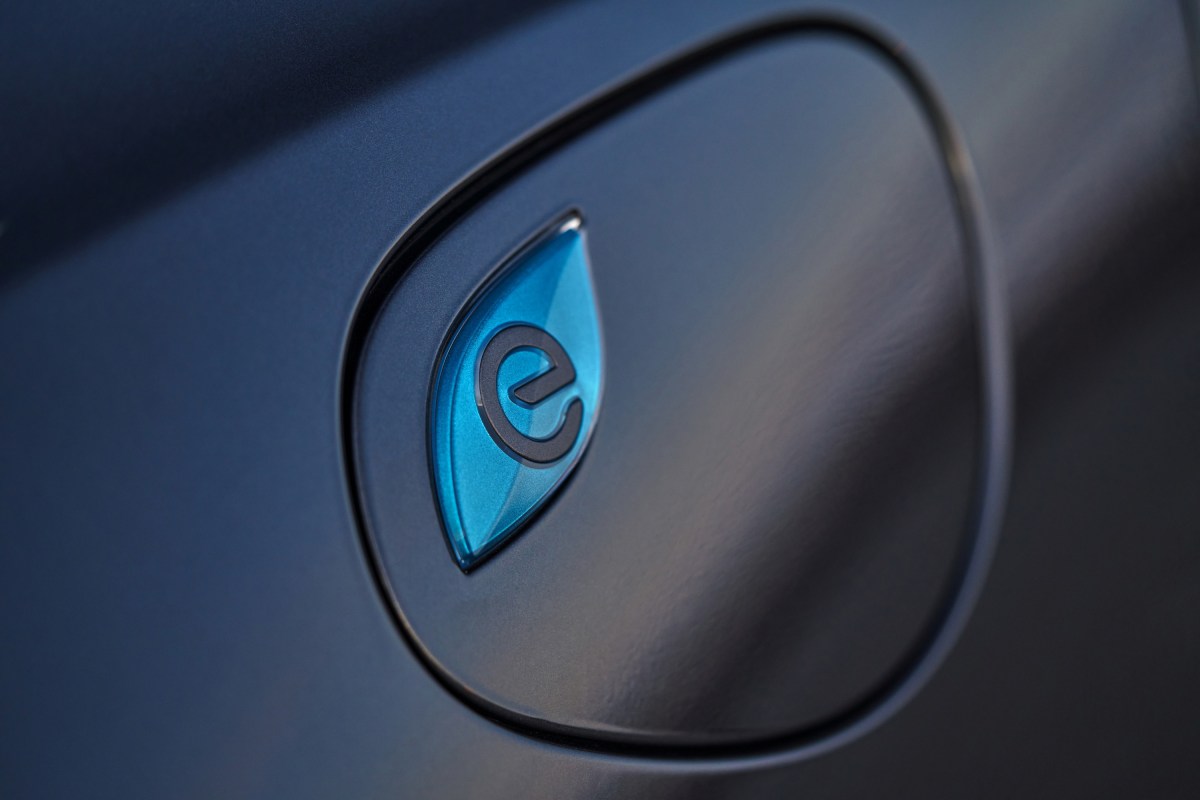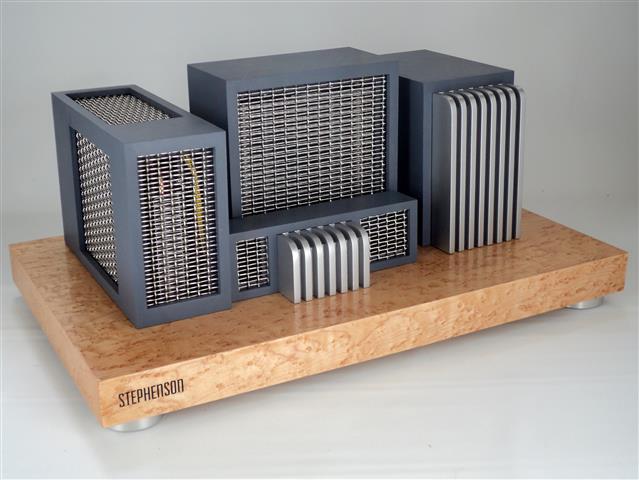Recalled EV? Automakers shouldn't factor it into fleet-wide fuel economy
In February, I received a letter from Chrysler saying that our 2017 Pacifica Hybrid was subject to another recall. Several of the minivans had inexplicably caught fire and, given the evidence, the automaker suspected it could be related to the high-voltage battery. The recall notice told us not to charge the vehicle or park it near a house or garage - or any other building, for that matter.
The solution? The company didn't have one and couldn't tell me when they might.
Having covered encores like this before, I figured we'd be here for the long haul. And I was right. A few days ago, nearly eight months after the first recall, Stellantis, Chrysler's parent company, said it had a solution. There would be a software update and dealers would inspect and replace any suspect batteries.
Disturbingly, the automaker still hasn't found the cause of the dozen or so fires, but says the fixes will prevent them from happening.
Yes, I'm glad Chrysler and Stellantis have a remedy (which they are legally obligated to provide) that will (hopefully) eliminate a very serious fire hazard. Obviously, I'd prefer the fix also came with an explanation for the fires - I wouldn't want to learn firsthand if the upcoming patch doesn't address the cause. But Stellantis assured me that it has been validated to meet the conditions in which the fires occurred.
As the energy transition continues, there will be bumps in the road, and I understand that it is impossible to design a vehicle that is entirely trouble-free. But recalls that prevent electric vehicles and plug-in hybrids from charging lead to additional pollution. Maybe there should be consequences to that.

In February, I received a letter from Chrysler saying that our 2017 Pacifica Hybrid was subject to another recall. Several of the minivans had inexplicably caught fire and, given the evidence, the automaker suspected it could be related to the high-voltage battery. The recall notice told us not to charge the vehicle or park it near a house or garage - or any other building, for that matter.
The solution? The company didn't have one and couldn't tell me when they might.
Having covered encores like this before, I figured we'd be here for the long haul. And I was right. A few days ago, nearly eight months after the first recall, Stellantis, Chrysler's parent company, said it had a solution. There would be a software update and dealers would inspect and replace any suspect batteries.
Disturbingly, the automaker still hasn't found the cause of the dozen or so fires, but says the fixes will prevent them from happening.
Yes, I'm glad Chrysler and Stellantis have a remedy (which they are legally obligated to provide) that will (hopefully) eliminate a very serious fire hazard. Obviously, I'd prefer the fix also came with an explanation for the fires - I wouldn't want to learn firsthand if the upcoming patch doesn't address the cause. But Stellantis assured me that it has been validated to meet the conditions in which the fires occurred.
As the energy transition continues, there will be bumps in the road, and I understand that it is impossible to design a vehicle that is entirely trouble-free. But recalls that prevent electric vehicles and plug-in hybrids from charging lead to additional pollution. Maybe there should be consequences to that.
What's Your Reaction?














![Three of ID's top PR executives quit ad firm Powerhouse [EXCLUSIVE]](https://variety.com/wp-content/uploads/2023/02/ID-PR-Logo.jpg?#)







